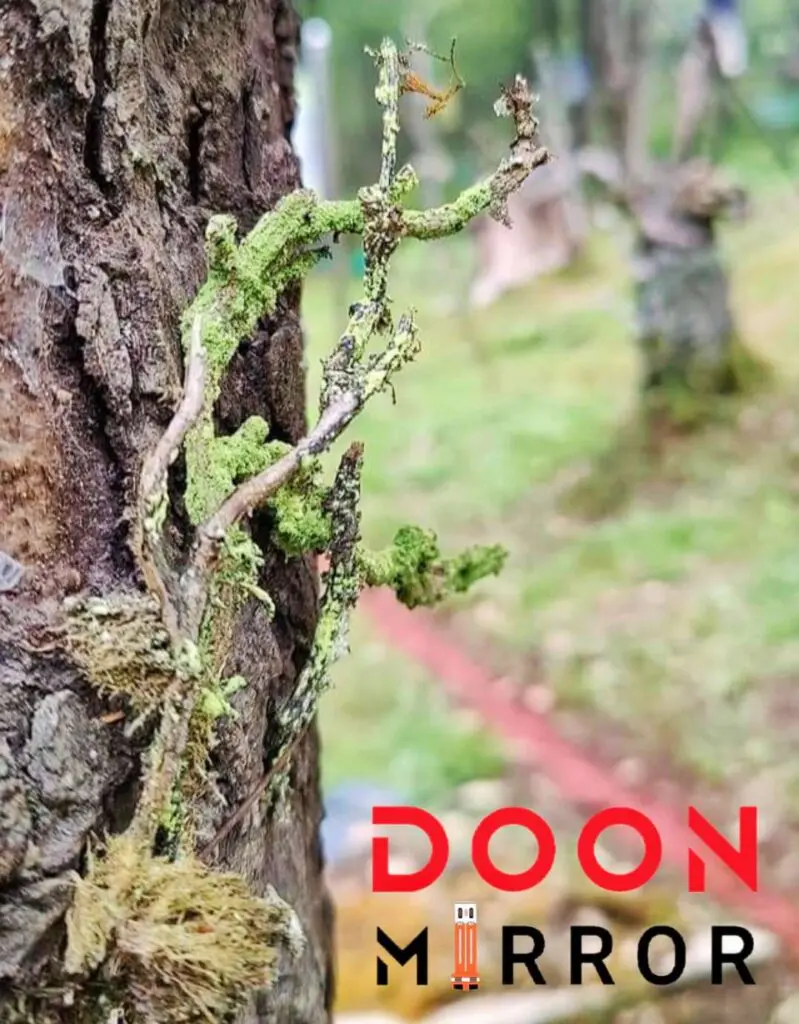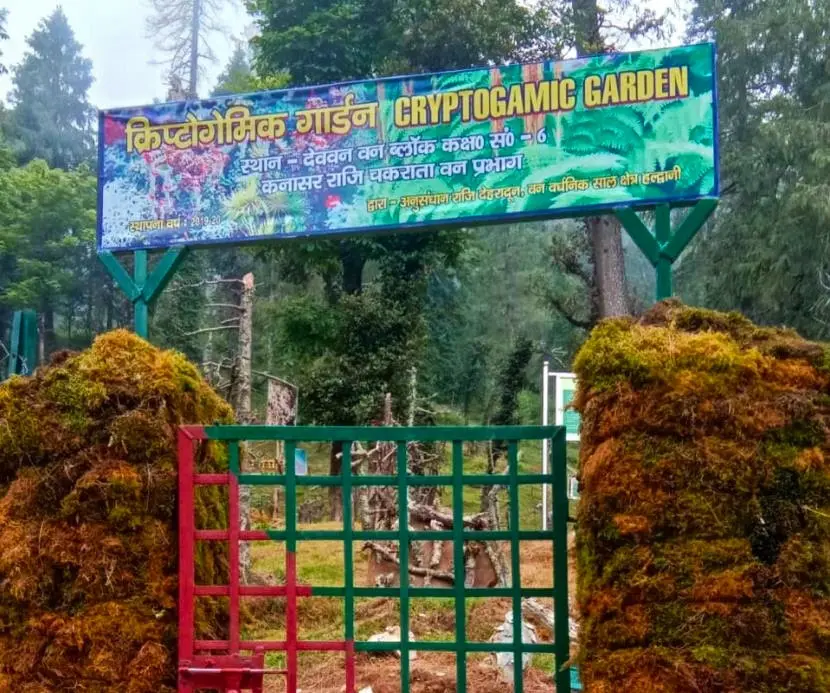
India’s first cryptogamic garden was inaugurated in the Deoban area of the Dehradun district in Uttarakhand on Sunday. The garden is situated at an altitude of 9000 feet and is spread over an area of three acres. It has around 50 different species of the cryptogram.
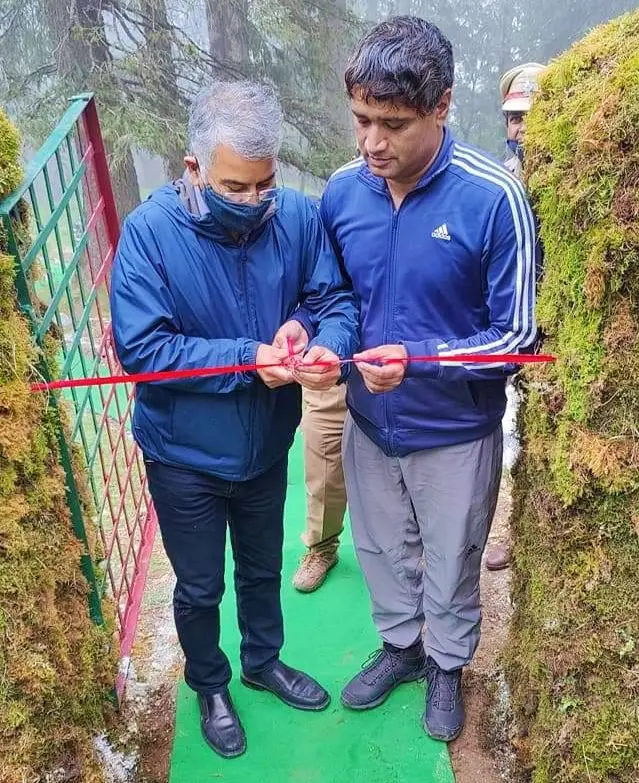
The place was inaugurated by social activist Anoop Nautiyal, founder of Social Development for Communities (SDC).
Cryptograms are those primitive plants that do not propagate through seeds and include Algae, Mosses, Fern, Fungi, and Lichens.
In an official statement Sanjiv Chaturvedi, Indian Forest Service (IFS), Chief Conservator of Forests (Research), said ”It is India’s first cryptogamic garden, established in view of the ecological importance of these species and to create awareness among the public about these important group of plants.”
More about Cryptograms and India’s cryptogamic project.
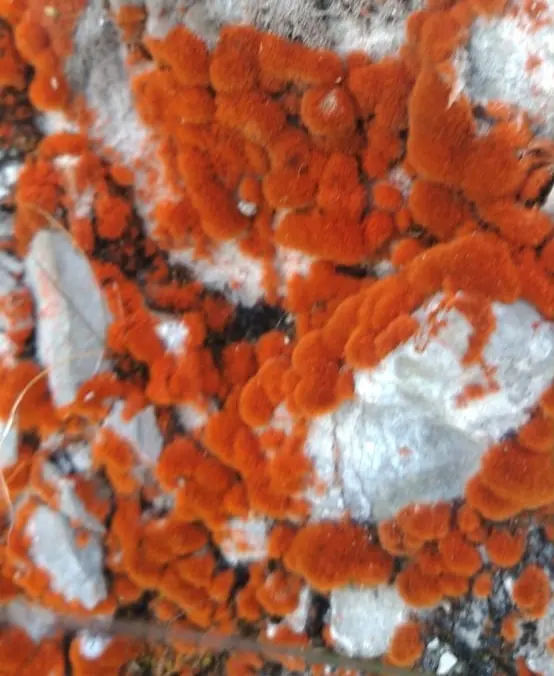
Cryptograms are lower plants which exist on earth since the Jurassic era. When species like Lichens do not grow in pollution-infected areas, these plants become good bio-indicators. These species have tremendous economic value also as many lichens are used as spices in popular culinary items like Hyderabadi Biryani and Galouti Kebab to add flavor.
Deoban is chosen for this specific project due to low pollution levels and appropriate moist conditions.
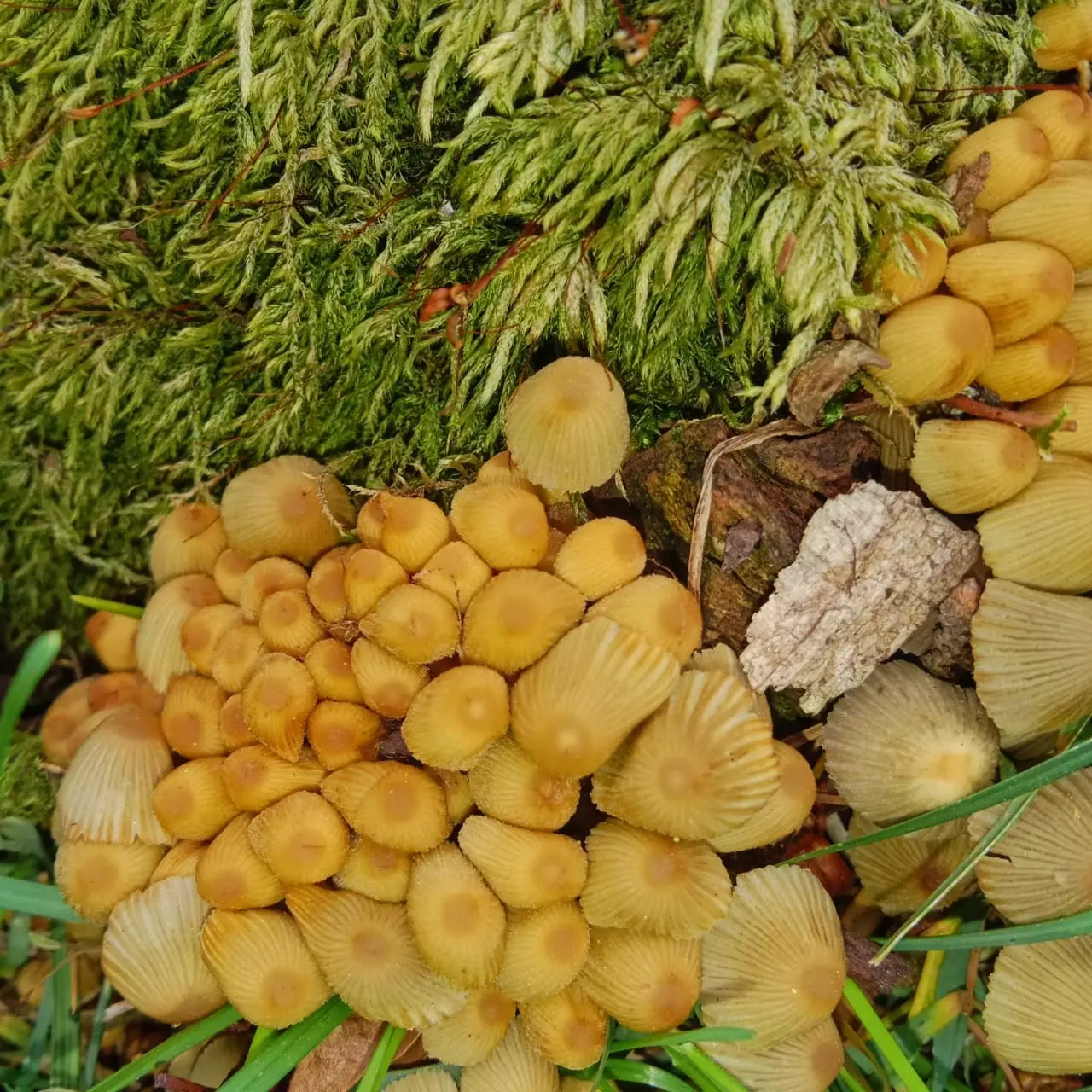
Mr. Chaturvedi also stated that since Deoban has pristine majestic forests of Deodar and Oak, they create a natural habitat for cryptogamic species. Elaborating on the benefits of these cryptogams, Chaturvedi said, “Algae is a healthy source of Vitamin A, B, C, and E and has bountiful of several other minerals too.
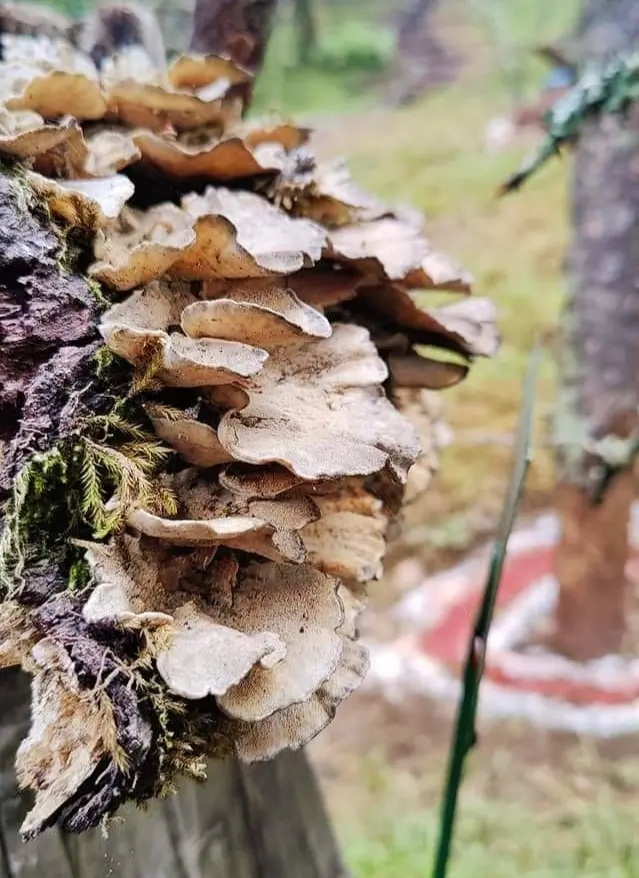

Editor

